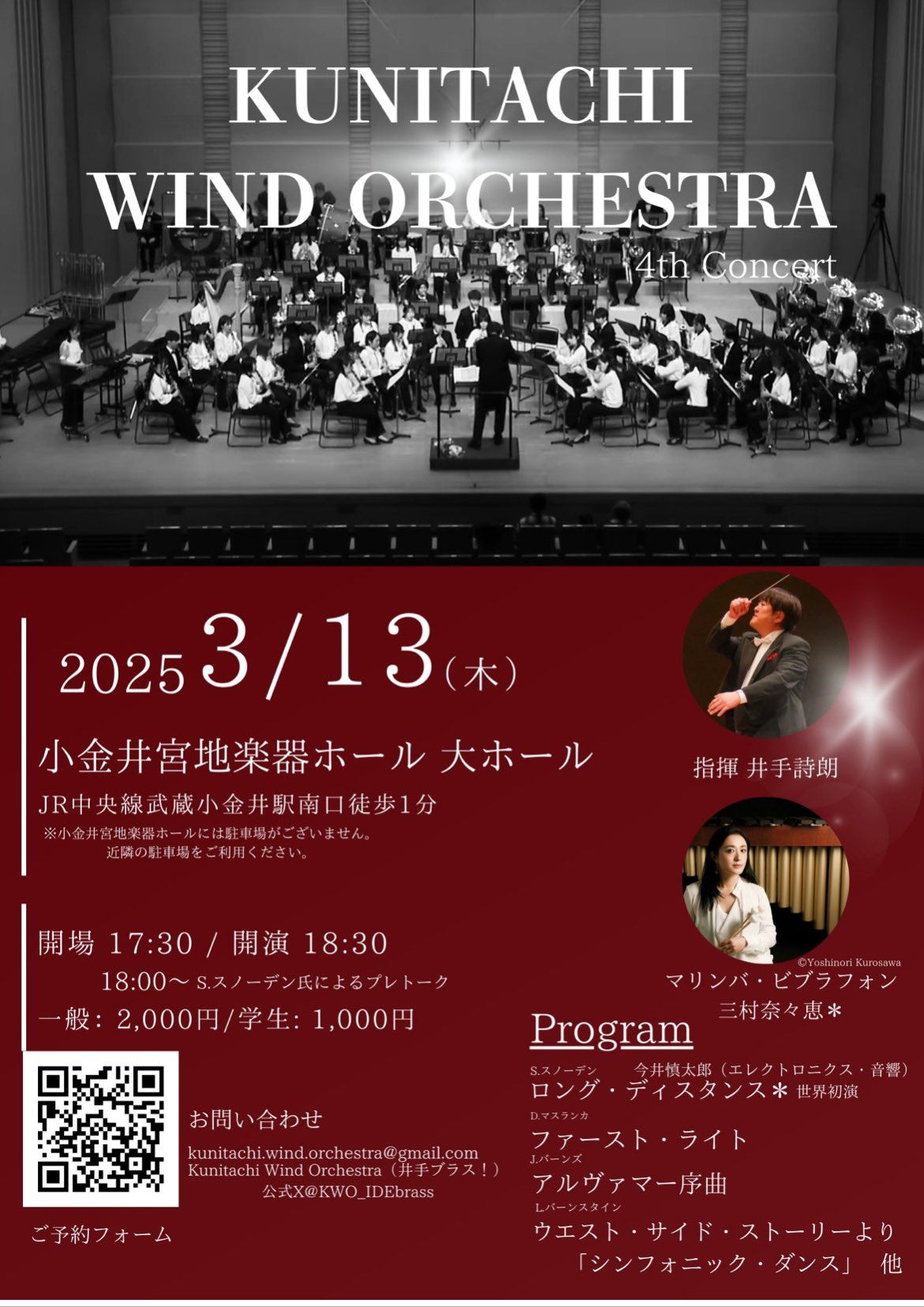I’ve been working full time as a freelance composer for nearly a decade now and I’ve come to the realization that people often think of the commissioning process as very daunting. It does seem to be pretty opaque or even mysterious from an outside perspective. It almost feels like you need some kind of special permit and institutional backing in order to commission a composer. From the composer’s perspective it can often feel like you need an official composer’s license, three degrees, and the ears of administration in the aforementioned institution. However, I believe it can be a really straight forward process and anyone (from the London Phil to your great aunt Phyllis) can do it.
With that in mind, I thought it would be worthwhile to write up an FAQ for those who are interested in commissioning a new piece and for composers who might be curios about how I approach the commission process. You can read through the FAQ below or jump right to my thoughts on consortium commissions. If you have more questions, feel free to drop me a line anytime. stevensnowden@gmail.com

